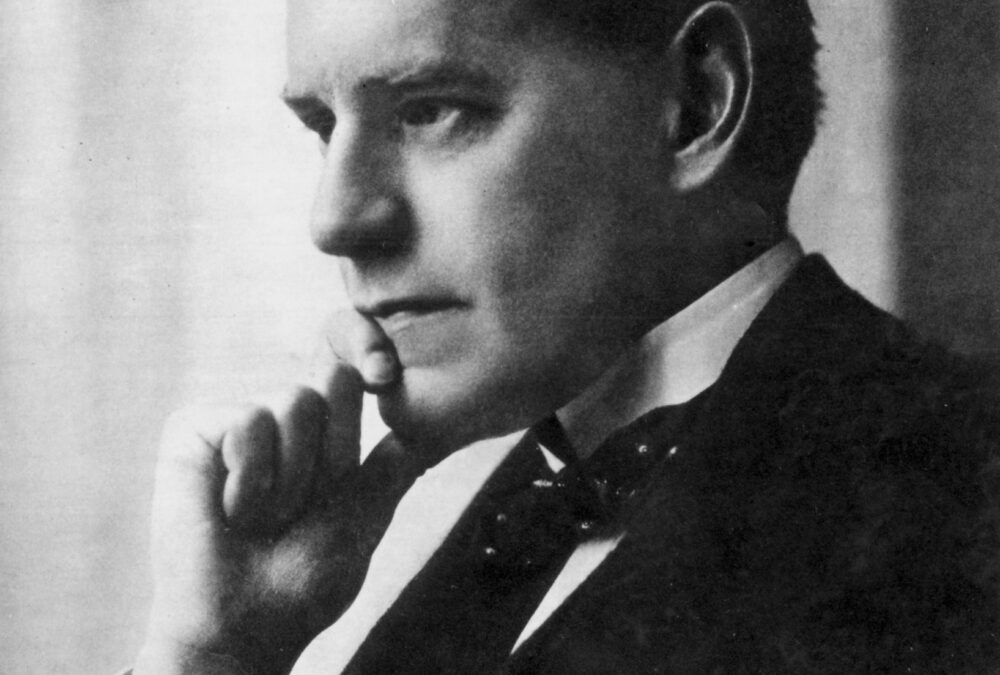Galsworthy’s is a moral tale about the “deeply buried” guilt. What is supposed to be a romantic picnic celebrating a silver anniversary turns achingly poignant.
Ashurst’s past is vividly recalled when inadvertently picnicking with his wife, Stella, next to the grave of his first love, Megan David, a simple farm girl. They were to be married, but when he left town for a few days to buy the girl a dress and to make other preparations, he was besieged by doubts and never returned. Megan commits suicide.
By Megan’s grave, Ashurst reflects on his life and wonders how different his life and hers might have been if he had been less class-conscious and more loving. “Up on the top of the hill, beyond where he had spread the lunch, over, out of sight, he lay down on his face. So had his virtue been rewarded, and “the Cyprian,” goddess of love, taken her revenge! And before his eyes, dim with tears, came Megan’s face with the sprig of apple blossom in her dark, wet hair. ‘What did I do that was wrong?’ he thought. ‘What did I do?’ But he could not answer. Spring, with its rush of passion, its flowers and song-the spring in his heart and Megan’s! Was it just Love seeking a victim! The Greek was right, then—the words of the “Hippolytus” as true to-day!”
Ashurst’s name suggests a burnt-out love affair.
No food is mentioned.
See John Galsworthy. “The Apple Tree” from Five Tales (London 1916)

